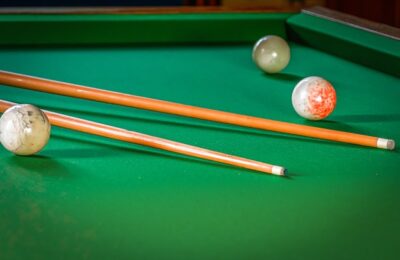Every Agile software Development expert knows that a caffeine boost makes it possible to hit their targets and so I was pleasantly surprised to know that caffeine does not harm my performance in the gym.
When you consume caffeine, it hits the spot after 90 to 100 minutes and this feeling lasts for over 3 hours. After that, the level of the hormone in the blood will reduce and the high you just felt will begin to diminish. Addicts will go for a second cup almost immediately to bring back the hype.

Image Source: Pixabay
How Caffeine Works in the Body
It increases your focus by riding the body of tiredness by activating the nervous system as well as the brain. It also leads to the release of the hormone adrenaline which is responsible for “fight or flight” response, which helps you work out harder.
Caffeine also helps the body break down fat that in fat cells to make it possible for the body to burn more of the stored fat. While you are at it, the release of endorphins – feel-good hormones – gives you a nice ‘high’ after a strenuous session.
Caffeine and Endurance
NCAA started banning caffeine in large doses after it was found to boost the performance of athletes. In total, 400 was found to improve the performance of athletes, and so such doses are no longer allowed. Another study also showed that caffeine to be more superior to water and carbs in increasing endurance in athletes. While it could actually be responsible for increased performance, it also was noted to reduce the perception of effort, making the athletes who used it run faster than their counterparts who drank decaf.
Caffeine and HIIT
HIIT exercises on trained athletes may not benefit much from the use of caffeine as a study found. While trained athletes increased their pace by seconds when they indulged in caffeine, recreationally active people did not really notice the same effect.
Caffeine has been seen to increase the release of stored fat by 30% to aid in the burning of fat but studies are still underway on its benefit in weight training. This has not stopped me from indulging in my single cup of java before my morning bench press.
Using Caffeine to your Benefit
How do you supplement with caffeine to reap these benefits? Simple coffee will do the trick. Although the dose will be determined by many factors including body weight, 200–400 mg works for most people. Coffee contains antioxidants and other benefits such as a mood improvement, increased energy levels, memory boost, and general cognitive function.
You want to start slow at about 150–200 mg a day before advancing to the 400mg. The body will appreciate this slow dosage and the reaction will not be abrupt.
The only downside to caffeine is the addiction. You may find it hard to function properly without your daily dose as you get used and it could take a while to be rid of the addiction.
















